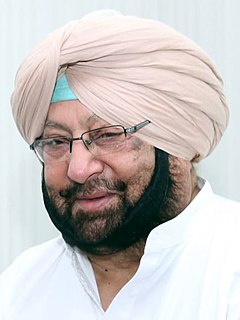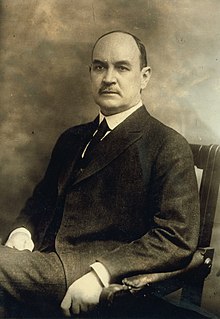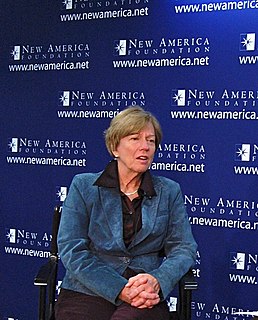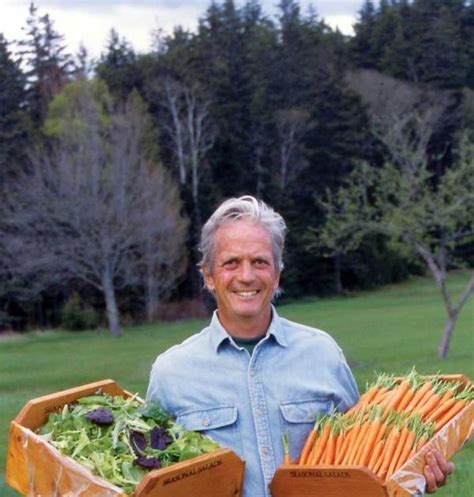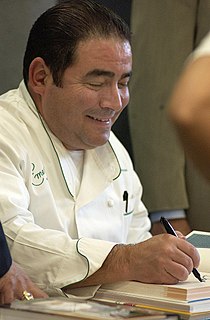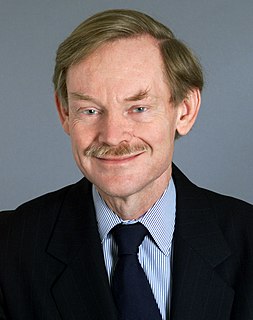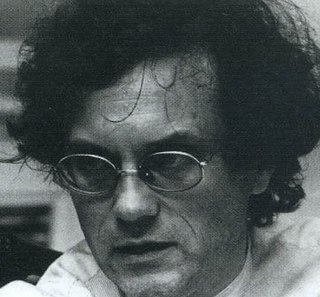Top 1200 Food Production Quotes & Sayings
Explore popular Food Production quotes.
Last updated on April 17, 2025.
Agriculture is not crop production as popular belief holds - it's the production of food and fiber from the world's land and waters. Without agriculture it is not possible to have a city, stock market, banks, university, church or army. Agriculture is the foundation of civilization and any stable economy.
Anybody interested in solving, rather than profiting from, the problems of food production and distribution will see that in the long run the safest food supply is a local food supply, not a supply that is dependent on a global economy. Nations and regions within nations must be left free and should be encouraged to develop the local food economies that best suit local needs and local conditions.
The core cuisine of Southern food is established in the plantation South, within the world of slavery. To understand the plantation table, we must understand the relationship of enslaved people to Africa, to historical trauma, and their central role in food production. Their voice is the most poignant, expressive voice in Southern cuisine.
On the one hand, there has been a remarkable expansion of the total production and productivity of food production, and on the other hand an extraordinarily skewed distribution system, substituting medium-run threats for short-term threats for the majority of the world's population, particularly the 50 to 80 percent at the bottom.
Personally, I have been very impressed by the slow food movement. It is about celebrating the culture of food, of sharing the extraordinary knowledge, developed over millennia, of the traditions involved with quality food production, of the sheer joy and pleasure of consuming food together. Especially within the context of family life, this has to be one of the highest forms of cultural activity.
The only truly dependable production technologies are those that are sustainable over the long term. By that very definition, they must avoid erosion, pollution, environmental degradation, and resource waste. Any rational food-production system will emphasize the well-being of the soil-air-water biosphere, the creatures which inhabit it, and the human beings who depend upon it.
With the Industrial Revolution, the production of food was delegated to big companies in order for women and men to be in the labour force, to come home, stick something in the oven, and eat. It became a big industry that does not have a love affair with food nor is really concerned about nurturing you or giving you the right nutrition.
If, on the other hand, conservationists are willing to insist on having the best food, produced in the best way, as close to their homes as possible, and if they are willing to learn to judge the quality of food and food production, then they are going to give economic support to an entirely different kind of land use in an entirely different landscape. This landscape will have a higher ratio of caretakers to acres, of care to use. It will be at once more domestic and more wild than the industrial landscape.
Production for the sake of production - the obsession with the rate of growth, whether in the capitalist market or in planned economies - leads to monstrous absurdities. The only acceptable finality of human activity is the production of a subjectivity that is auto-enriching its relation to the world in a continuous fashion.
If there was ever a food that had politics behind it, it is soul food. Soul food became a symbol of the black power movement in the late 1960s. Chef Marcus Samuelsson, with his soul food restaurant Red Rooster in Harlem, is very clear about what soul food represents. It is a food of memory, a food of labor.
Our early 21st century civilization is in trouble. We need not go beyond the world food economy to see this. Over the last few decades we have created a food production bubble-one based on environmental trends that cannot be sustained, including overpumping aquifers, overplowing land, and overloading the atmosphere with carbon dioxide.
Food production has affected the environment more than any other activity humans have engaged in. Humanity devotes more land to food production than anything else - roughly a third of the surface area of the earth, much of which was once forest but has been converted by humans into farms or grazing lands.

